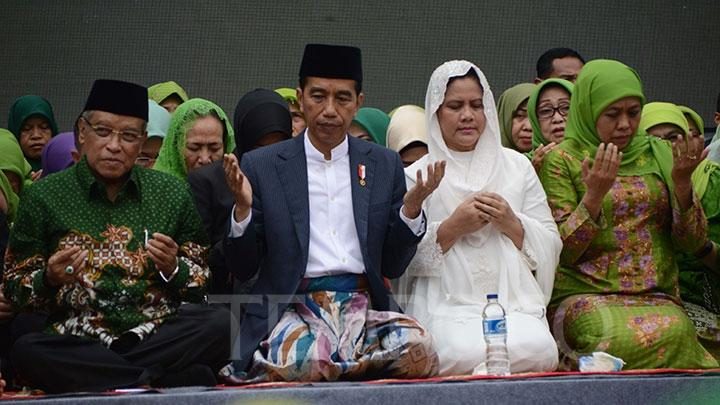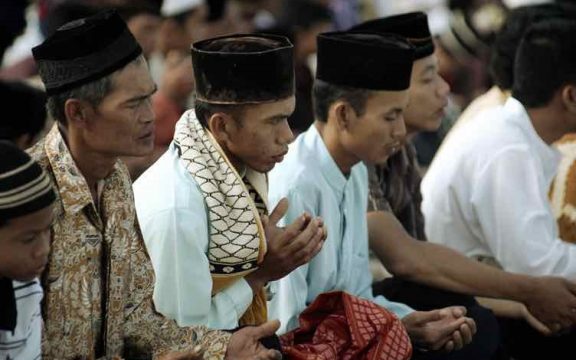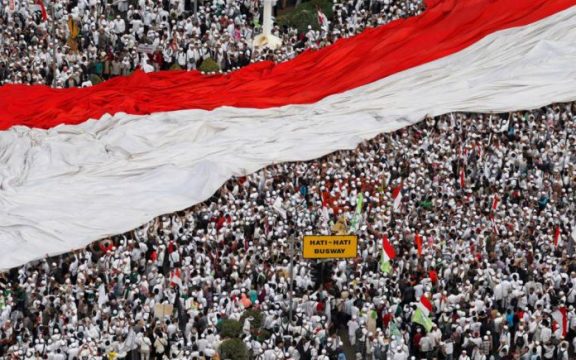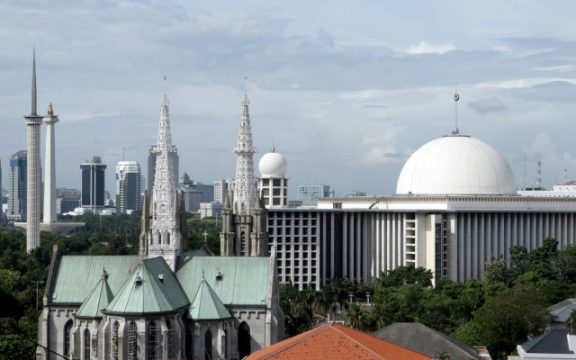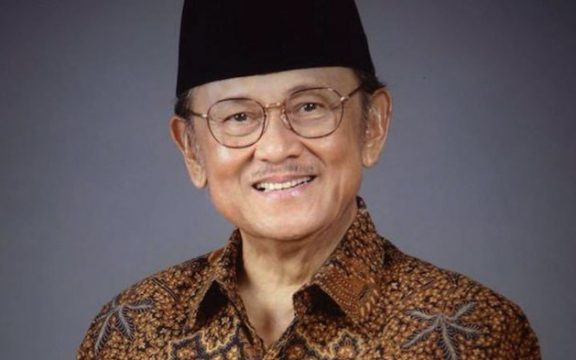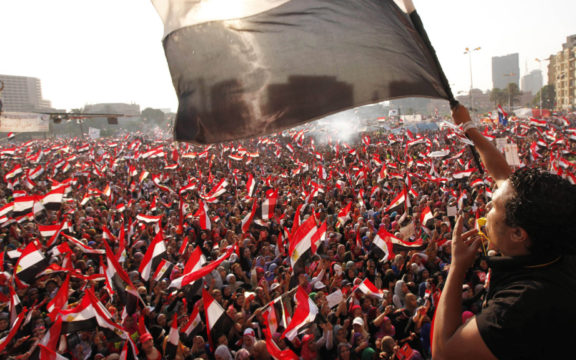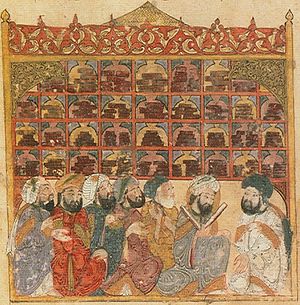Several Indonesian Muslim figures are named among the list of influential Muslims around the world in 2019. The list is respectable since there must be specific criteria to measure the role and significance of their presence for the people in their community, even for the world.
What are the Benchmarks of the Influential Figures?
The Royal Islamic Strategic Studies Center (RISSC) – the institution which releases the names of influential figures in the world – is an independent research institution affiliated with the Royal Aal al-Bayt Institute for Islamic Thought, an international non-governmental institution established in 2007 in Amman, Jordan.
RISSC has the primary goal of protecting and propagating traditional, orthodox and moderate Islam as it was defined by the International Islamic Consensus in the ‘Three Points of the Amman Message‘ during the period 2005-2006.
Simply put, this institution carries a mission to continue spreading the issue of world peace through moderate Islam. There is indeed an orthodox term above, which is sometimes connoted negatively because of its approach which does not open for change. However, seeing one of the nine other objectives of the RISSC, one of which is to provide solutions to the conflicts that plague the Islamic world and also the issues of Muslim and non-Muslim relations in the world, is enough to bring us to a positive conclusion.
In line with aforementioned objective, does it mean that the figures included in this institution — which are released almost every year along with the ups and downs of related figures — are those who can spread world peace, especially the Islamic world? The answer is no.
The author underlines that the purpose of this institution is to spread the issue of peace and moderate Islam. However, it should also be highlighted that not all the figures included in the list of influential figures are those who spreading idea of peace, according to common understanding. This is very clearly expressed by The Muslim 500’s book.
In the introduction of the book, it was explained what is meant by influence “influence is: any person who has the power (be it cultural, ideological, financial, political or otherwise) to make a change that will have a significant impact on the Muslim world”. Influence here is defined as someone who has the power or authority (both cultural, ideological, financial, political) to make changes that have a major impact on Muslim world.
It is further explained that “note that the impact can be either positive or negative”. As a result of this influence can be either positive or negative. Therefore, don’t be surprised if there are extremist groups that fall into the category, such as Abu Bakar al-Baghdadi (Iraq), Abu Muhammad al-Maqsidi (Jordan) and an Indonesian representative, Abu Bakar Baasyir.
Should we be proud of the list released by RISSC earlier? For the author, we certainly deserve to be proud of our country leaders, of course, country leaders who bring peace that has positive impacts. Such as President Joko Widodo (13th), K.H. Said Aqil Siraj (19th), Habib Luthfi bin Yahya (33rd) seems to have subscribed to the top 50 most influential Muslims. Of course there are other names such as Din Syamsuddin, KH. Ahmad Mustofa Bisri (Gus Mus), Syafi’i Ma’arif who are also included in the list.
Our Attitude: Pride Is Not Enough
The names listed above can certainly be seen from various perspectives. The richer our perspective, the richer the philosophical meaning we will express. The writer just wanted to reveal a few things. This can be debated, of course with data.
First, we are not proud enough, because the names of figures who might be controversial. For instance King Salman bin Abdul Aziz (4th), Prince Salman bin Abdul Aziz (24th), Syeh Abdul Aziz ibn Abdullah Aal Al-Sheikh (26th), etc. The greater their influence, the greater their role in spreading the political and teaching role – which is commonly known to be less (not to say no) tolerant when differing views.
Second, we should be proud and grateful, because Muslim figures who carry religious moderation missions are pretty plentiful in the top 50. For example, the most influential figures this time are Shaykh Muhammad Taqi Ustmani (Pakistan), Maliki, Traditional Sunni. Likewise the second order, Ayatollah Ali Khamenei (Shia Isna Ash’ariyah, Iran). His role in Sunni-Shi’a reconciliation was so great in 2010 with Sheikh Ahmad Thoyyib (Egypt). Furthermore, Habib Umar ibn Hafidz (9th), and several other figures.
Third, not all influential figures in the Muslim world are preachers, or thinkers of Islam. Besides them, there are politicians, presidents, businessmen and others. It implies that whatever role we do, if it always spreads the benefits, it will make Islam dignified. KH. Abdurrahman Wahid (known as Gus Dur – the fourth President of Indonesia) expressed “It doesn’t matter what your religion or tribe is, if you can do something good for everyone, people never ask about your religion”.
So, once again, it is not right if some Muslims divided between the role of religion in Islam and exact science that is often identified with the West. As long as a science can benefit and not contradict our creed, one should not be considered less-Islamic.
Gus Dur’s message above is in-line with this theme. If we consider our selves as a good Muslims, being religious in Islam might not be enough. We must prove through achievements and contributions – let alone gaining recognition in the national and even international sphere. That is Islam rahmatan lil’alamin – Islam which spread blessings to the world.
Translated from the original article : https://islami.co/ketika-ulama-indonesia-menghiasi-daftar-500-muslim-berpengaruh-di-dunia/, By : Zaimul Asror on 8 October 2019
![Islami[dot]co](https://en.islami.co/wp-content/themes/jambualas/images/logo.png)
